Collaboration for innovation: Establishment of a pan-nematode drug development platform
The Helminth Elimination Platform (HELP) is a consortium of research institutes, universities, not-for-profit organizations, and pharmaceutical companies, formed in 2019 to develop new drugs for infections caused by parasitic worms (helminths).
The consortium is focusing on soil-transmitted helminthiases and river blindness (onchocerciasis), since these infections are among the most commonly found neglected tropical diseases.
More effective, safe, and affordable treatments are needed for helminth diseases, to reach the 2030 Sustainable Development Goals on health.
The consortium‘s objective is to establish an R&D pipeline for anthelmintic drug development to treat onchocerciasis (filarial infections) and soil-transmitted helminths (STH) infections. To attain this ambitious goal and be able to deliver new highly efficacious drugs as soon as possible, HELP intervenes at different stages of drug development and specifically aims to:
- Identify candidates with the best profile from compounds preselected in late drug discovery stage and provided by the industrial partners. To this end, the compounds are tested against STH and filarial worms in in vitro and in vivo drug efficacy studies;
- Progress the compounds with the best profile through standard pre-clinical studies and advance Corallopyronin A (CorA), a novel compound with proven efficacy against filariae and superiority to the gold standard doxycycline, towards Phase I clinical trials;
- Conduct two Phase I clinical trials with oxfendazole and oxantel pamoate under current regulatory guidelines to eventually allow for filing with a regulatory authority.
With this strategy, the consortium will establish a much-needed drug R&D pipeline, the importance of which is two-fold. It will:
- Advance the development of treatment options for STH infections for which there is currently neither a drug with good efficacy against all species nor any prospects on the horizon; and
- Propose a pipeline of drug candidates for treating onchocerciasis, especially should current clinical candidates fail in upcoming clinical trials.
The HELP Consortium members

Swiss TPH
The Swiss Tropical and Public Health Institute (Swiss TPH) is a world-leading institute in global health with a particular focus on low- and middle-income countries. Associated with the University of Basel, Swiss TPH combines research, services, and education and training at local, national, and international levels. About 850 people from 80 nations work at Swiss TPH focusing on infectious and non-communicable diseases, environment, society, and health as well as health systems and interventions. www.swisstph.ch
Twitter | LinkedIn | Facebook | Instagram | YouTube
Lead role in the consortium
Overall management of the project. Responsible for the preclinical testing of compound libraries against soil-transmitted helminths including Trichuris muris and hookworms, in vitro and in vivo, as well as pharmacokinetics studies on selected compounds. Sponsor and management of the two Phase I clinical trials, on oxantel pamoate and oxfendazole.
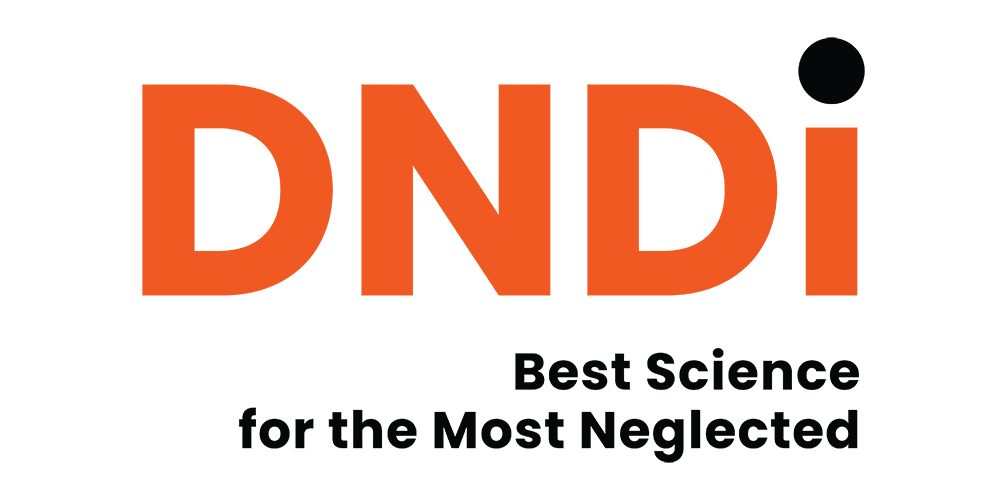
DNDi
The Drugs for Neglected Diseases initiative (DNDi) is a not-for-profit research and development organization working to deliver new treatments for neglected diseases – notably leishmaniasis, sleeping sickness, Chagas disease, specific filarial infections, mycetoma, dengue – as well as treatments for neglected patients, particularly those living with paediatric HIV, cryptococcal meningitis, and hepatitis C. Since its inception in 2003, DNDi and its partners have delivered eight innovative treatments to improve the quality of life and health of patients. www.dndi.org
Twitter | LinkedIn | Facebook | Instagram | YouTube
Lead role in the consortium
Responsible for coordination of preclinical activities (non-GLP toxicology and CMC) and responsible for pharmaceutical development for some selected compounds, to allow regulatory enabling studies and further the pharmaceutical development of these compounds. Also responsible for pharmaceutical development of oxantel pamoate. Management of dissemination and exploitation of the results-related activities.
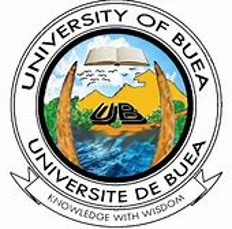
University of Buea
The University of Buea is a state University in Cameroon, created in 1993. Scientists at the University of Buea work on tropical diseases, notably filariasis. Their work combines experimental models of infection (preclinical research) to clinical trial, and epidemiology. They developed animal models for loaisis for both screening and counter screening of compounds against loaisis, lymphatic filariasis, and onchocerciasis. www.ubuea.cm
Lead role in the consortium
Responsible for testing the selected compounds from the compound libraries against the specific filarial nematode Onchocerca ochengi, in vitro and in vivo.

University Hospital Bonn
The Institute for Medical Microbiology, Immunology and Parasitology (IMMIP) at the Universitätsklinikum Bonn is internationally renowned for its work in tropical medicine, specifically for pioneering a new drug treatment for filariasis. The new treatment exploits the symbiosis between the filarial nematodes and bacterial endosymbionts called Wolbachia, which are susceptible to some classes of antibiotics. https://www.microbiology-bonn.de/
Lead role in the consortium
Responsible for preclinical testing of compound libraries against filariae (Litomosoides sigmondontis), in vitro and in vivo. Responsible for establishing GLP-toxicology and safety profiling of CorA.
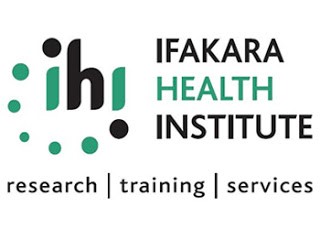
Ifakara Health Institute (IHI)
Ifakara Health Institute (IHI) is a leading health research organization in Africa, with a strong track record of developing, testing, and validating innovations for health. We are driven by a core strategic mandate for research, training, and services. The institute’s work spans across the full research lifecycle from basic science to policy and translation. IHI’s work is organized in three research departments, six research units, and seven technical units. The research departments are: Environmental Health & Ecological Sciences, Interventions & Clinical Trials, and Health Systems, Impact Evaluation & Policy. The research units are: Grants and Contracts, Training & Capacity Building, Laboratories, Data Systems and Platforms, Vector Control Product Testing, and Chronic Diseases Clinics. The technical units, which are supporting research (our primary activity), are: Internal Audit, Knowledge Management and Communications, Finance Management, Human Resources, Procurement Management, Branch Management and Information & Communication Technology. We have three major offices in Tanzania (Ifakara, Bagamoyo, & Dar es Salaam). www.ihi.or.tz
Lead role in the consortium
Responsible for conducting the two clinical trials of the project. Highly involved in preparation and reporting phase of these clinical trials.
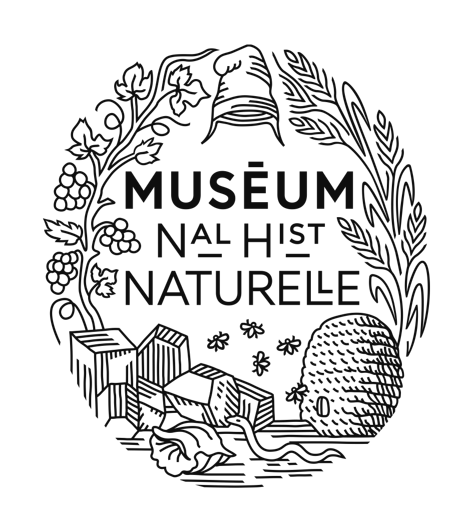
Muséum National d’Histoire Naturelle
The Muséum National d’Histoire Naturelle is a research establishment, educational institution and museum rolled into one, a crossroads of knowledge with collections, a variety of sites open to the public and laboratories. One of them is dedicated to parasitology and has a long history in the study of filariasis. www.mnhn.fr
Twitter | Facebook | Instagram | YouTube
Lead role in the consortium
Co-responsible, together with University Hospital Bonn, for testing the provided compound libraries against filariae (Litomosoides sigmondontis), in vitro and in vivo.

Bayer Animal Health GmbH, an Elanco company
Elanco Animal Health (NYSE: ELAN) is a global leader in animal health dedicated to innovating and delivering products and services to prevent and treat disease in farm animals and pets, creating value for farmers, pet owners, veterinarians, stakeholders, and society as a whole. With nearly 70 years of animal health heritage, Elanco is committed to helping customers improve the health of animals in their care, while also making a meaningful impact on local and global communities. Elanco is driven by their vision of Food and Companionship Enriching Life and the Elanco Healthy Purpose™ sustainability and ESG framework – all to advance the health of animals, people and the planet. www.elanco.com
Lead role in the consortium
The industrial partner provides the academic partners Swiss TPH, UKB, and MNHN with a series of preselected chemical compounds to be evaluated for anthelminthic activity within the project’s drug development pipeline.
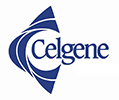
Celgene Global Health
Founded in 2009, Celgene Global Health (CGH) is a division of Celgene Corporation, focused on delivering its promise to put patients first through the pursuit of innovative solutions to healthcare challenges in the developing world. CGH is collaborating with Product Development Partnerships (PDPs), global academic institutions, non-government organizations (NGOs), public/private funding organizations, contract research organizations (CROs), and other pharmaceutical organizations to evaluate our proprietary compounds for activity in neglected diseases. Since 2019, Celgene is a Bristol Myers Squibb company. www.celgene.com
Lead role in the consortium
The industrial partner provides Swiss TPH with a series of preselected chemical compounds with proven anti-filarial activity to be evaluated for anthelminthic activity against soil-transmitted helminths within the project’s drug development pipeline. Celgene was a consortium partner until its contractual termination in April 2021.
